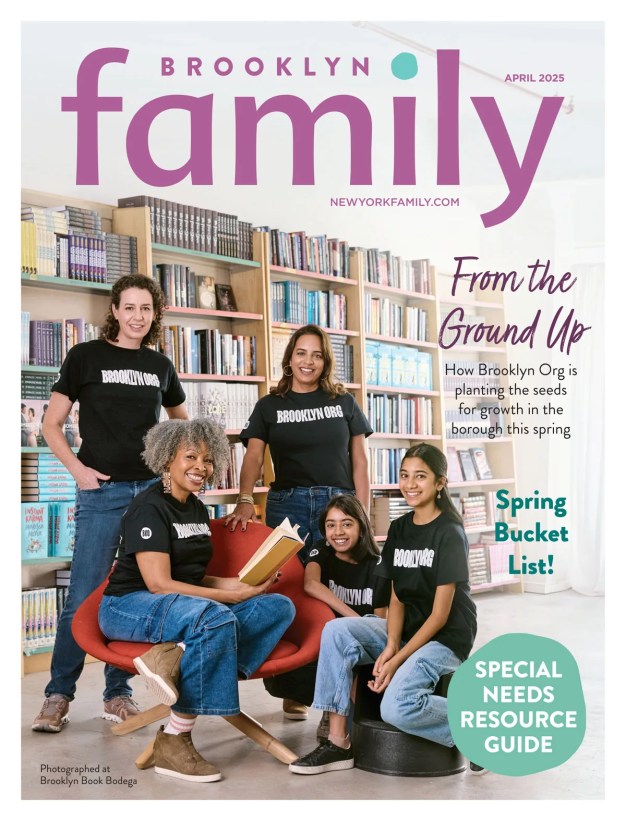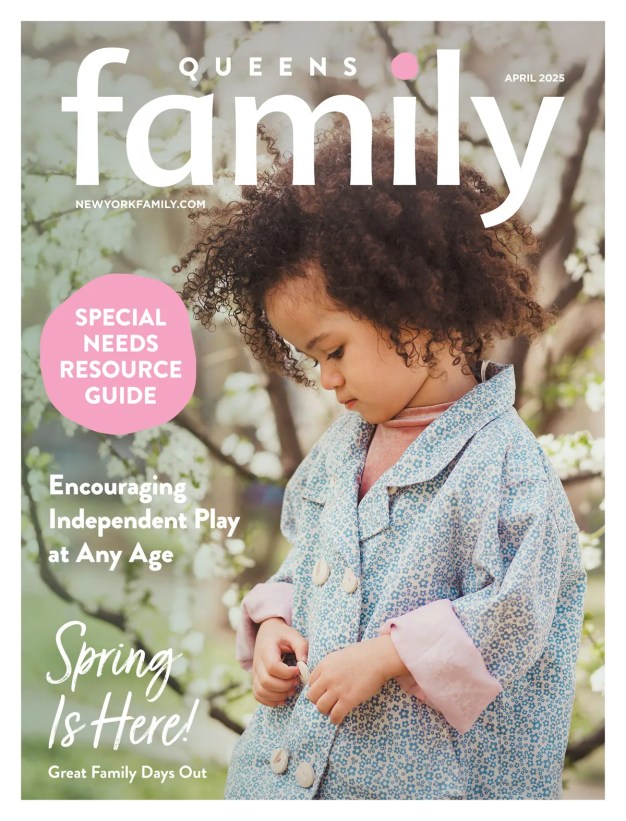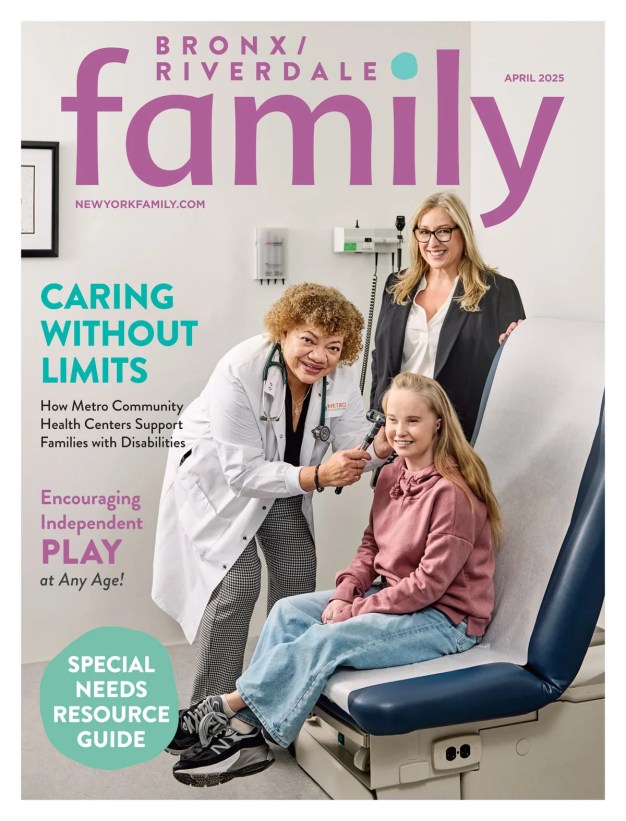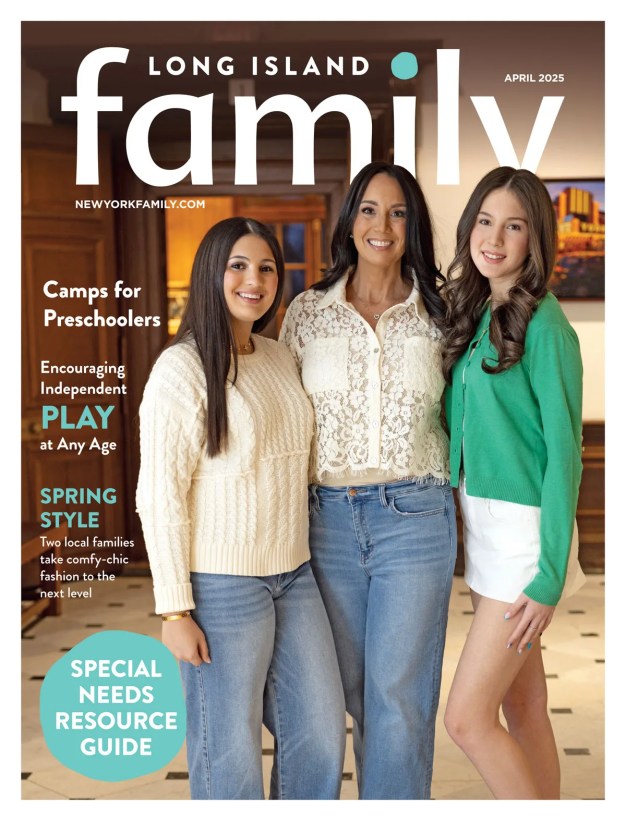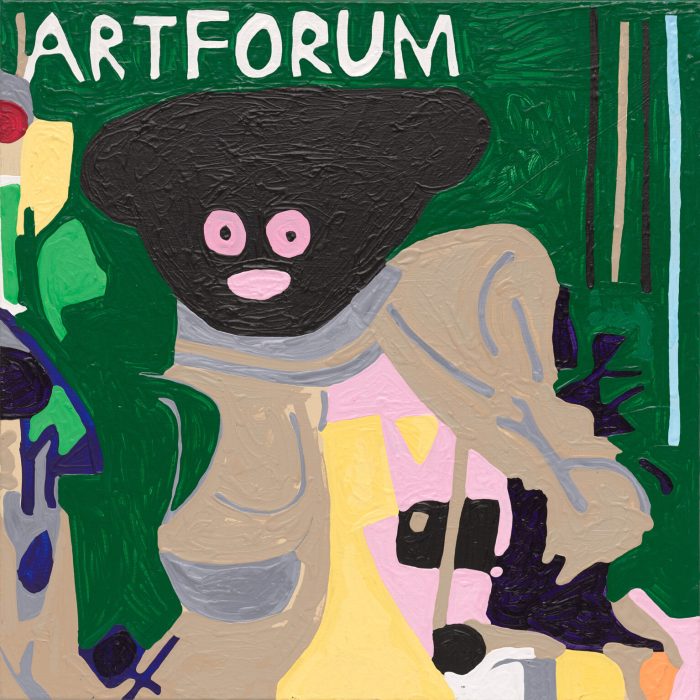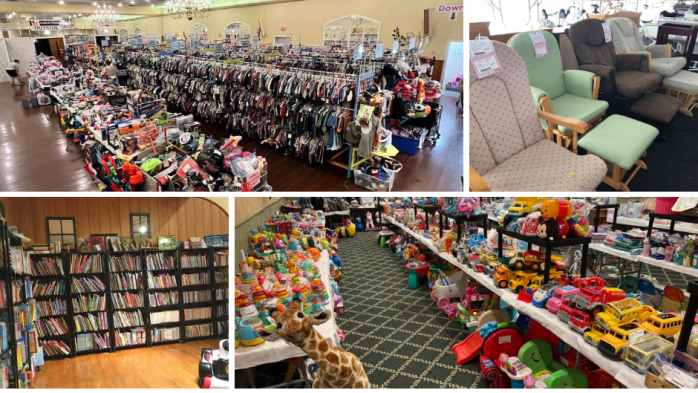When
Spencer Ha first began talking, he spoke with a speech impediment. Now, at 10
years old, Spencer describes himself in his school yearbook as “very talkative.”
He attributes this transformation not to a dedicated speech therapist or years
of verbal exercises, but to a game that, at first glance, seems completely
unrelated to chatter: chess.
Spencer
began playing chess five years ago when instructors from NYChessKids began
teaching programs at P.S. 77 Lower Lab, where he attended elementary school. He
liked playing so much, that he continued taking lessons and practicing
regularly. Three years later, he was competing in tournaments.
“When
I first started, I just played for five minutes a day,” Spencer says. “But then
I got more serious and now chess is a really important part of my life.”
The
proof is in the pudding. Chess encourages kids to think critically and strategically.
It can help developing minds put on their metaphorical thinking caps and get
their brains ready to analyze. NYChessKids offers lessons in the morning before
classes start so that kids can “warm up” their brains for the academic day
ahead. Playing chess in the morning is like going for a run at sunrise – it
leaves you energized and ready to work. It also boosts test performance; chess
players are more likely to think through their responses and read questions
critically.
“Chess really trains a student’s mind to be an independent thinker and
doer,” says Saudin Robovic, Founder and Owner of NYChessKids. “It provides
focus, strategic thinking…and good sportsmanship. All these qualities can help
our students address problems in life.”
Spencer
agrees: “Basically, you use your mind more in chess, and it helped me get
better grades.”
But
Spencer Ha isn’t the only kid bitten by the chess bug. Teachers can actually
see differences in their students who play the game. Chess is becoming
increasingly popular in schools around the city, and parents and educators are
raving about its educational, social and emotional benefits.
Chess-in-the-Schools,
a nonprofit for lower-income students that sends instructors into New York City public schools to teach chess as part of
the curriculum, taught in 50 venues this past year and has an enormous waiting
list of schools hoping to get in on the action.
In
response to the demand, which Marley Kaplan, President and CEO of the organization, says has swelled
significantly in the last 10 to 15 years, Chess-in-the-Schools spearheaded
Project Chess. The program trains teachers in chess instruction to embed in
their lesson plans and pass along to their students.
“A
lot of [the kids] have home lives that are really challenging, and then they
find chess and it really just opens up an avenue for them,” Kaplan says. “It
gives them the confidence to look at life differently.”
There
are other pastimes, of course, that train the brain. But while classic games
like Scrabble and checkers are not to be discredited, Kaplan says that the
possibilities with chess are endless. Learning how to the game works is just the
beginning.
“After
you learn how to play…you just keep developing your mind and skills,” she says.
“In other games you reach a limit, but in chess you can always do more.”
Although
kids who play chess used to be thought of as stereotypical brainiacs, the class
valedictorians and science fair winners, it’s no longer the case. Kaplan
stresses that the game is an enrichment vehicle for all youth. Regardless of
school performance or academic ability, it’s a fair playing field on the chess
board. In fact, 20 percent of the kids who participate in Chess-in-the-Schools
are special education students.
“Chess
is a universal language,” Kaplan says. “It’s a game that anyone, from the time
you’re 5 to 105, can play.”
Besides
the thinking skills that the game develops, chess can do wonders for a child’s
self-esteem. Although a novice may lose more often than win at first, they feel
validated knowing they outwitted their opponent when they get to declare “Check
mate!” And those positive feelings translate to the classroom.
Although
the game is non-competitive when kids are first getting acquainted with the
pieces, it can become extremely challenging as things progress. Tournaments are
the Olympics of the chess world – once a kid learns how to play the game, competitions
show him just how good he really is.
But
it can become intense, as tears and frustration start to creep in.
“That’s
when you have to just stop and remind kids that it’s a game,” Kaplan says. “In
chess, losing can actually be much more valuable than winning. Once you make a
mistake in chess, you rarely make that same mistake again.”
In
many instances, a mistake becomes apparent as soon as your opponent makes her next
move. But although chess players play to win, there’s a strong sense of
camaraderie. Kids often play on behalf of their school, and they root for each
other. It gives them a sense that they’re part of something big. Chess is also
more of a spectator sport than you might think – kids watch each other’s games
and give pointers. They also dole out compliments when their friends do well,
and are there for support if they don’t.
“I’ve
met so many people through chess,” Spencer says. “I make friends at tournaments
and even if someone beats someone else, no one really gets mad.”
Sounds
like a win-win.
__________________________________________________
WHERE TO PLAY
After-School Programs (open
to the public)
P.S.
116
P.S.
163
SMS
(Special Music School)
Solomon
Schechter
For more information, visit nychesskids.com.
Fall Programs With Open
Enrollment
Village
Chess Shop
P.S.
151 Y.C.S.
P.S.
59
Manhattan Youth Downtown
P.S.
183
For more information, visit
chessnyc.com/chess-academy.
Other Resources

